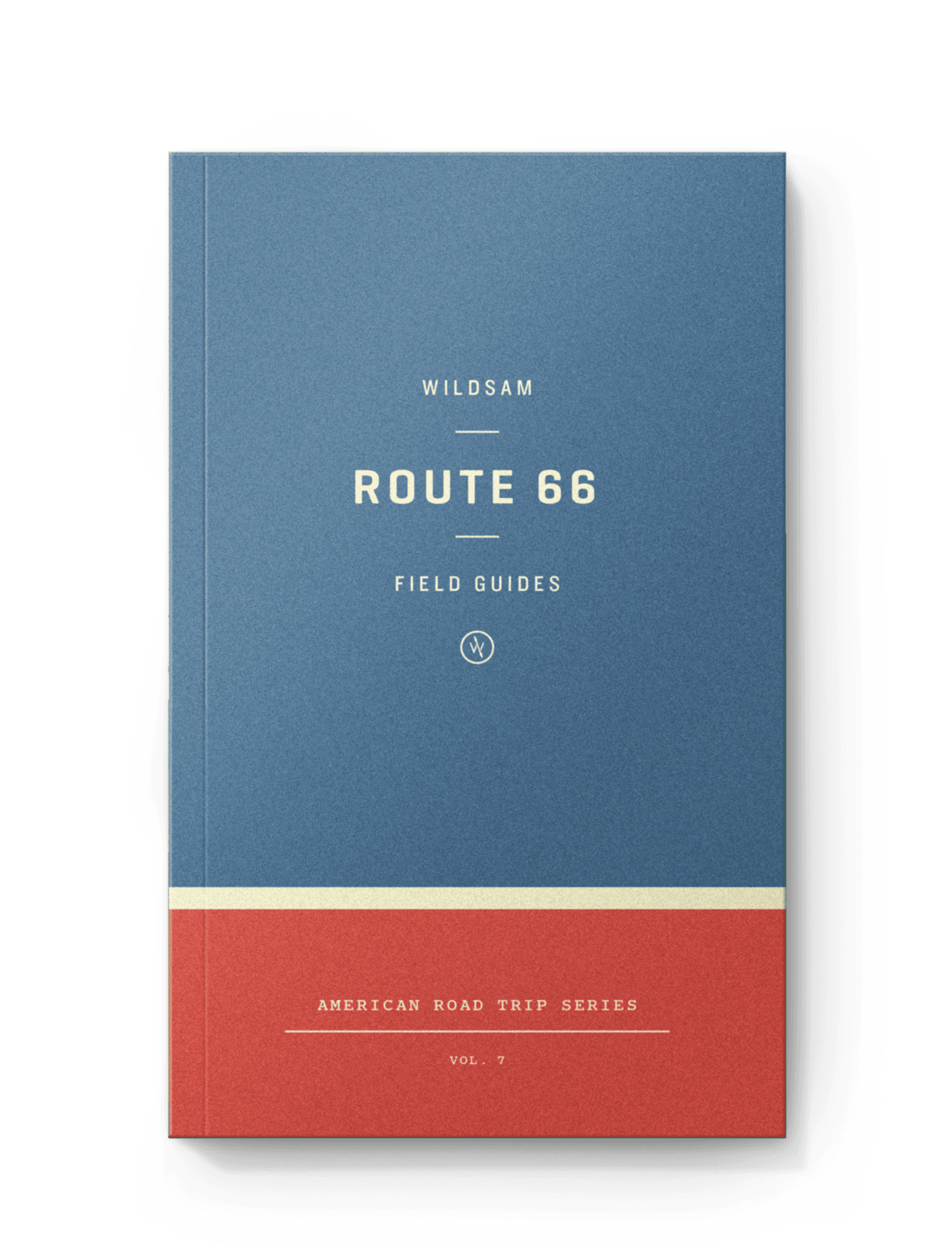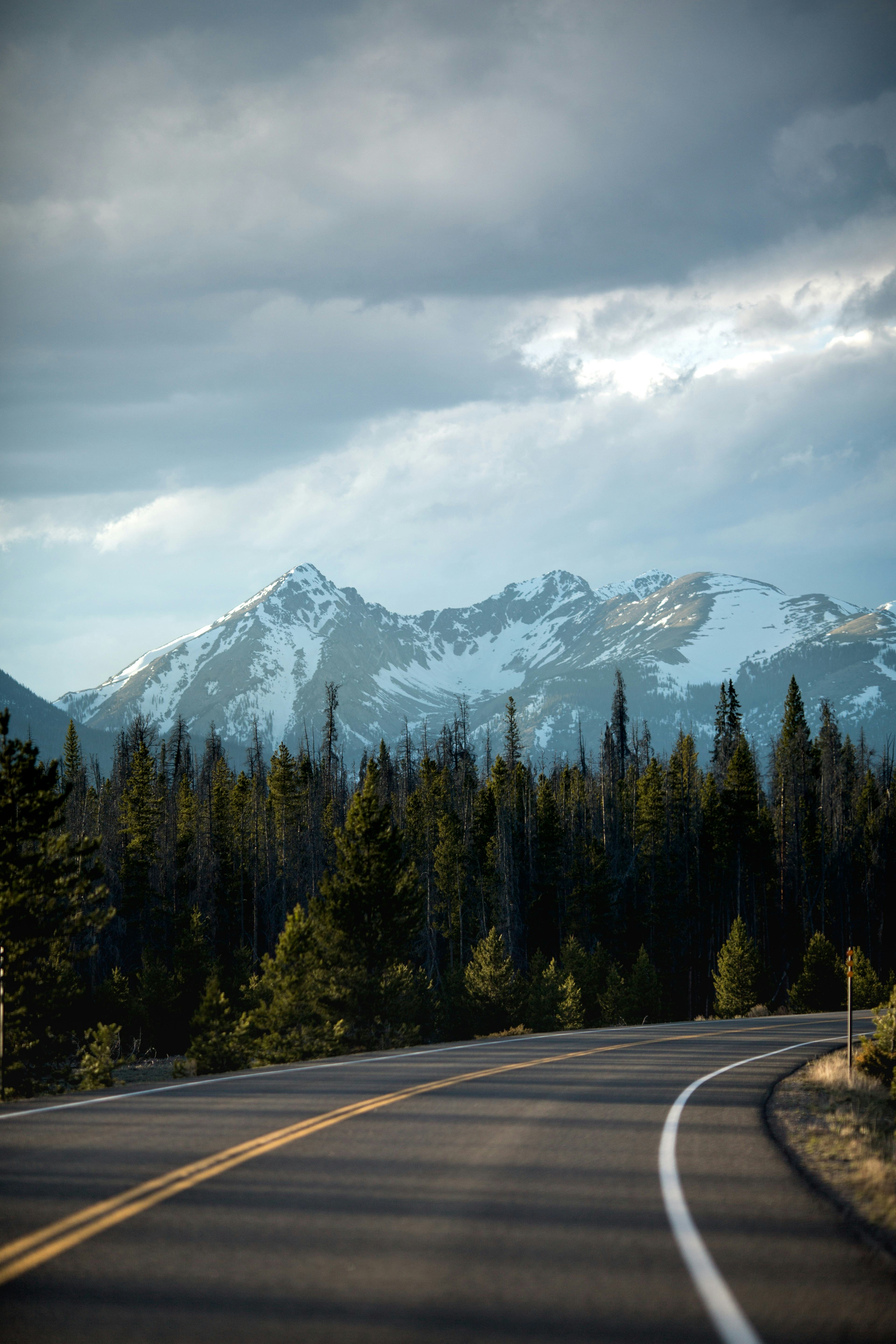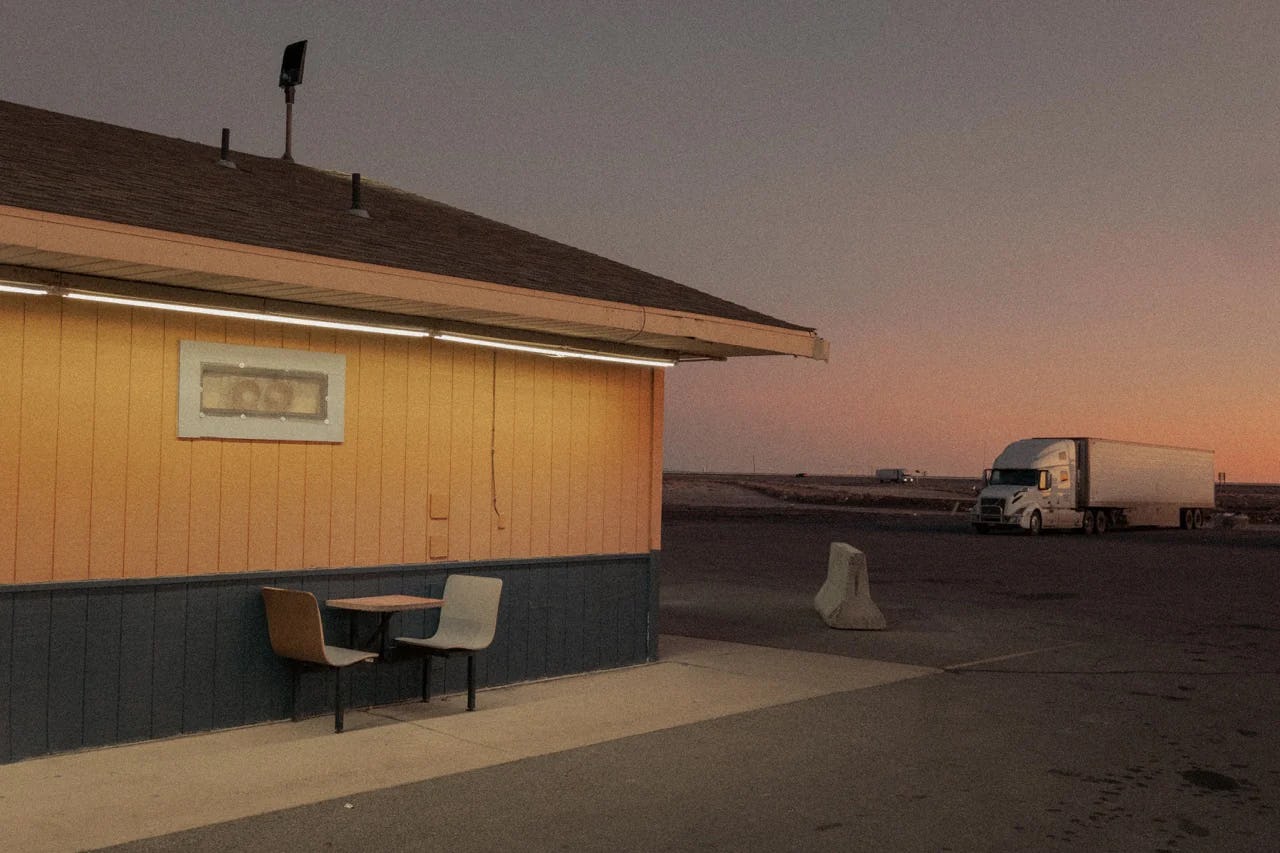Woody Guthrie's "Dust Bowl Ballads"
In 1940 the Oklahoma-born folk singer and activist released his iconic concept album.

Woody Guthrie, half-length portrait, playing a guitar. | Library of Congress
When a disastrous mix of poor farming policies, historic drought and shifting weather patterns whipped up the period of devastation known as the Dust Bowl, Oklahoma-born folk singer and activist Woody Guthrie joined the mass migration west. Refugees from the ravaged Plains traveled by any means available in search of work–hitchhiking, rail-riding, on foot–often along Route 66. Guthrie absorbed the many hardships they faced on the long road to California, later transmuting them into his Dust Bowl Ballads. The 1940 Victor Records release is widely considered to be one of the first concept albums and earned Guthrie the title “Dust Bowl Troubadour.” Later, Guthrie was quoted as saying:
“I met millions of good folks trying to hang on and to stay alive with the dust cutting down every hope. I wrote up these eight songs here to try to show you how it is to live under the wild and windy actions of the great duststorms that ride in and out and up and down.”

Route 66 Field Guide
Get this story and more in our Route 66 Field Guide full of roadside attractions, pie pit stops, motor lodges and more.
Omaha World-Herald, July 7, 1940
“I’ve tried to bring out that these songs, although wrote down by me and all that stuff, are songs that come out of the hearts and mouths of the Okies during their trips to California. I’m sure Victor never done a more radical album.”
So says 28-year-old Woody Guthrie whose “Dust Bowl Ballads” are an interesting contribution to any collection of recorded Americana. It was Guthrie whose voice you heard singing “Blowin’ That Road” in the movie “Grapes of Wrath.” Author John Steinbeck says he is the authentic voice of a new folk music. Steinbeck may well be envious, too, of the way “Grapes of Wrath” is compressed into a six-minute ballad called “Tom Joad.”
Using a guitar and sometimes an added harmonica, Guthrie fills his balladry with the plaints of the dispossessed. But it is not a bid for pity or a simple recital of wrongs. There is more than a suggestion of pioneer determination to get ahead. There are biting references to politicians. There is a confident, almost triumphal assertion that grievances will be redressed–and this side of salvation.







